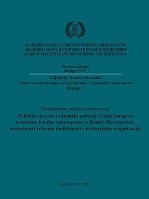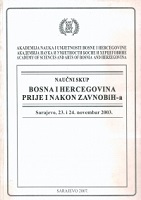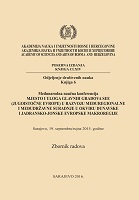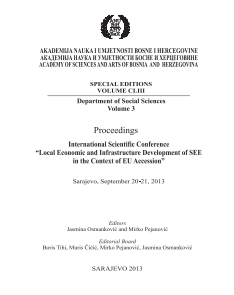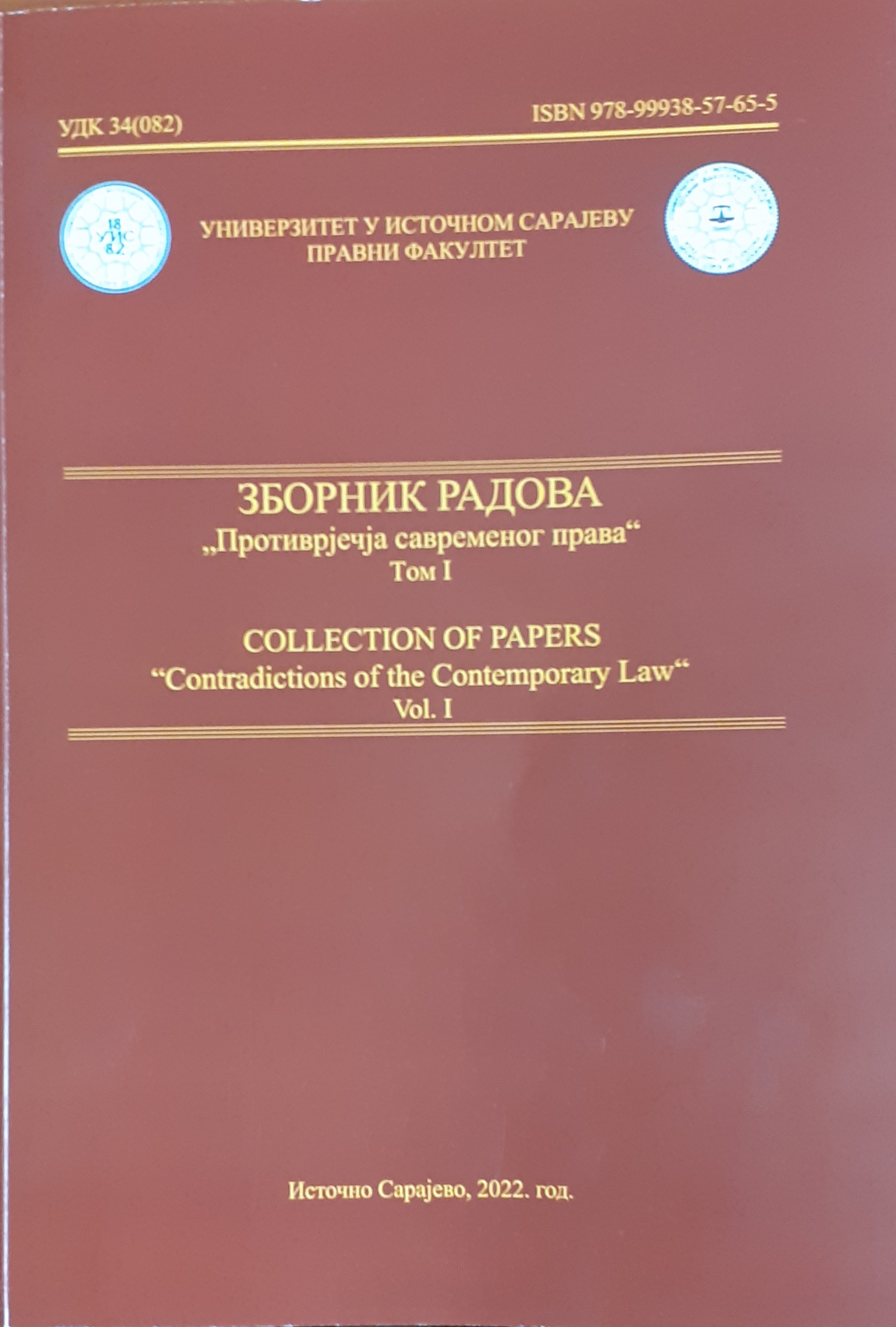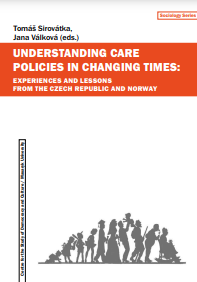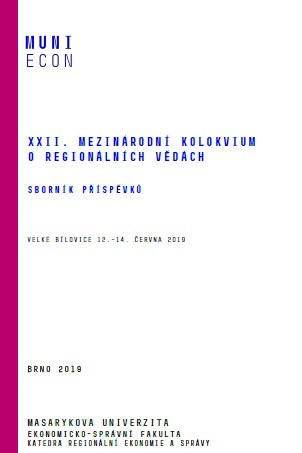Author(s): / Language(s): Bosnian
Publication Year: 0
It has long been said and written that cities that have their own past have a soul. The past of Sarajevo goes back (as research has shown) to 3000 BC, when Neolithic man lived in this area in the so-called settlements of the Butmir culture. On its development path from the Neolithic settlement to the metropolis, Sarajevo developed through Illyrian fortifications, the Roman settlement on Ilidža Aquae…S with Roman roads that crossed in the Sarajevo area, the medieval city of Hodidjeda on Vratnik, the oriental city along the river Miljacka, a city with a central European character from the twentieth century and the new part of the city developed along the river Miljacka to Ilidža. The city developed at the junction of the roads in its area by the source of the Bosna River (after which the country got its name) and with intense influences from the East and the West. The influences of different cultures had great importance on the feeling for the other and the different and the development of a special spirituality based on multiculturalism. That eternal spirit of Sarajevo, it is the Sarajevo spirit of far-famed tolerance, attention and respect. There are four places of worship, Muslim, Catholic, Orthodox, and Jewish, rising at barely a hundred meters of aerial distance. In a globalized world, the existence and appreciation of different cultures, religions and other differences between people is of fundamental importance for the development of world society. The city of Sarajevo, like the whole of Bosnia, has been a participant in the existence of different cultures and religions in a small space for hundreds of years. Throughout its long history, Sarajevo experienced tragedies such as floods, fires, wars and so on. Sarajevo experienced the greatest tragedy in the period from 1992 to 1995 when it was under siege, with living conditions like in a camp. At that time, most politicians and intellectuals advocated for a unique multi-ethnic Sarajevo. However, with the Dayton Peace Agreement, Sarajevo became an ethnically divided city, and a structure was established that is unknown to any city in Bosnia and Herzegovina, not even one in Europe. Thus, Sarajevo consists of East Sarajevo, Sarajevo Canton, with nine municipalities, and the City of Sarajevo, which spans four municipalities and has very limited jurisdiction. A city divided in this way on ethnic grounds and without the jurisdiction of the city, which exists in European metropolises, is dysfunctional and represents a civilizational shame. The citizens of Sarajevo must find a way to become a city like Europe knows, that is, the civilized world. Unfortunately, the current state of the city in terms of space, organization and functionality is not a current topic for citizens, experts, domestic or foreign politicians. This kind of organization of the city was proposed by the creators of the Dayton Agreement, which is a great surprise, disappointment and incomprehensible for those who are the biggest fighters for human rights, democracy and other civilizational assets. Sarajevo must constitutionally define a political, organizational and functional structure and move towards the development path of European metropolises and build resilience and inclusiveness to the challenges of globalization, climate change, pandemics and new technologies with artificial intelligence. To achieve sustainable development, it is necessary to develop a management structure that includes the formation of an organizational structure with databases, tools, visions, plans, strategies and monitoring. Involvement of citizens, empirical and theoretical solutions to the issue of city development and current trends in the world are the basis for taking adequate measures.
More...


